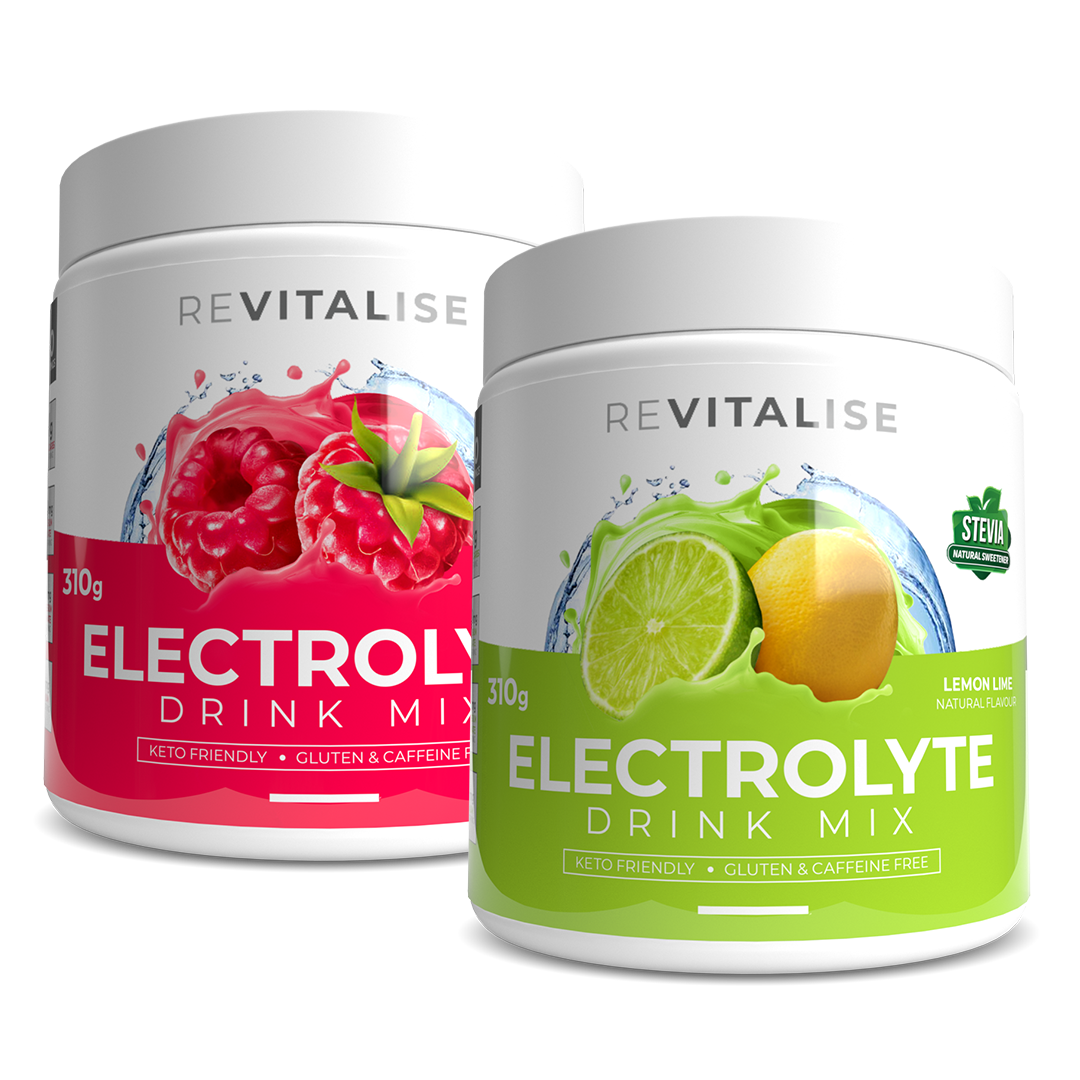What Are Electrolytes?
Electrolytes are vital for the basic functioning of your body. Why? They balance the amount of water in your body as well as your body’s pH levels, they move nutrients into your cells and waste out of your cells, they regulate your nerves, muscles, heart, and brain functionality, and they help to rebuild any damaged tissue.
How Do Electrolytes Work?
Electrolytes are minerals that carry an electrical charge, allowing electrical impulses to make muscle cells contract and help with chemical reactions to regulate the balance of fluids inside and outside the cells. The core electrolytes we have are sodium, potassium, calcium, magnesium and chloride, and any imbalance of these minerals can have detrimental effects on your body.
The kidneys and liver help balance electrolytes; for instance, if you consume too much salt, the kidney will get to work on excreting out the excess sodium to restore balance in the body. But, if you are consuming too little of any of these electrolytes, the kidney cannot function properly. An example of this would be following a low-carb diet and not consuming enough electrolytes, or drinking too much distilled water (which could lead to having too little electrolytes because you are flushing out the electrolytes that are in your body.)
What Is An Electrolyte Imbalance?
Electrolytes must be balanced for the body to maintain homeostasis. Research has found that most people are deficient in magnesium, sodium and potassium. Did you ever get a headache after a sweaty workout or have a day out at the beach on a hot day only to end up tired when you get home? It’s most likely due to an electrolyte imbalance because you are dehydrated.
Whilst electrolyte imbalances are common, they can have significant consequences if not paid attention to. Imbalances can affect the muscles of your heart, can make your blood too acidic or too alkaline, cause blood clotting, and affect your bone health.
Symptoms Of Electrolyte Imbalances
There are many signs of an electrolyte imbalance and can include symptoms such as:
- Confusion;
- Nausea;
- Dizziness;
- Irregular heartbeat;
- Fatigue;
- Shortness of breath; and
- Blood pressure changes.
Causes Of Electrolyte Imbalances
Electrolyte imbalances can have a variety of causes:
- Loss of bodily fluids. This can be through vomiting, diarrhoea or sweating.
- Medications. The most common medicines which cause electrolyte imbalances are diuretics. Other drugs such as antibiotics can also influence your electrolyte levels.
- Underlying disorders. In more severe cases, an electrolyte imbalance can be caused by kidney diseases or liver diseases as they will not be able to regulate the electrolyte levels.
- Lifestyle. This covers so many aspects spanning from not eating enough foods rich in electrolytes to overeating electrolyte-rich foods (the culprit usually being sodium). Eating disorders and alcoholism are all causes of electrolyte imbalances.
Tips On Preventing Electrolyte Imbalances
There are two simple ways to prevent electrolyte imbalances.
- Make sure to consume electrolyte-rich foods; and
- Drink electrolyte-rich water.
The question most frequently asked is whether drinking water is enough hydration to keep electrolytes in balance? The answer is not necessarily. Most water sources, such as tap water, can be stripped of minerals and chlorine is generally added, making these water sources less than ideal to drink for replenishing electrolytes and keeping you hydrated.
Note: if you have recurring symptoms of electrolyte imbalances, it is highly recommended to consult a doctor to see if there are any underlying conditions.
Where Do We Get Electrolytes From?
Electrolytes are consumed in our everyday food and drink. Some foods rich in electrolytes are potatoes, bananas, oranges, avocados, chia seeds, spinach, olives and tomatoes. If you ever feel like your electrolyte levels are not good, focus on these foods which are high in electrolytes to keep you fuelled and functioning at your very best. And because they are whole foods, you will be consuming other essential vitamins, minerals, and nutrients.
Staying adequately hydrated and replacing your electrolytes is key to athletic performance and feeling good in general day to day life. Electrolytes need regular replacement, just like fluids.






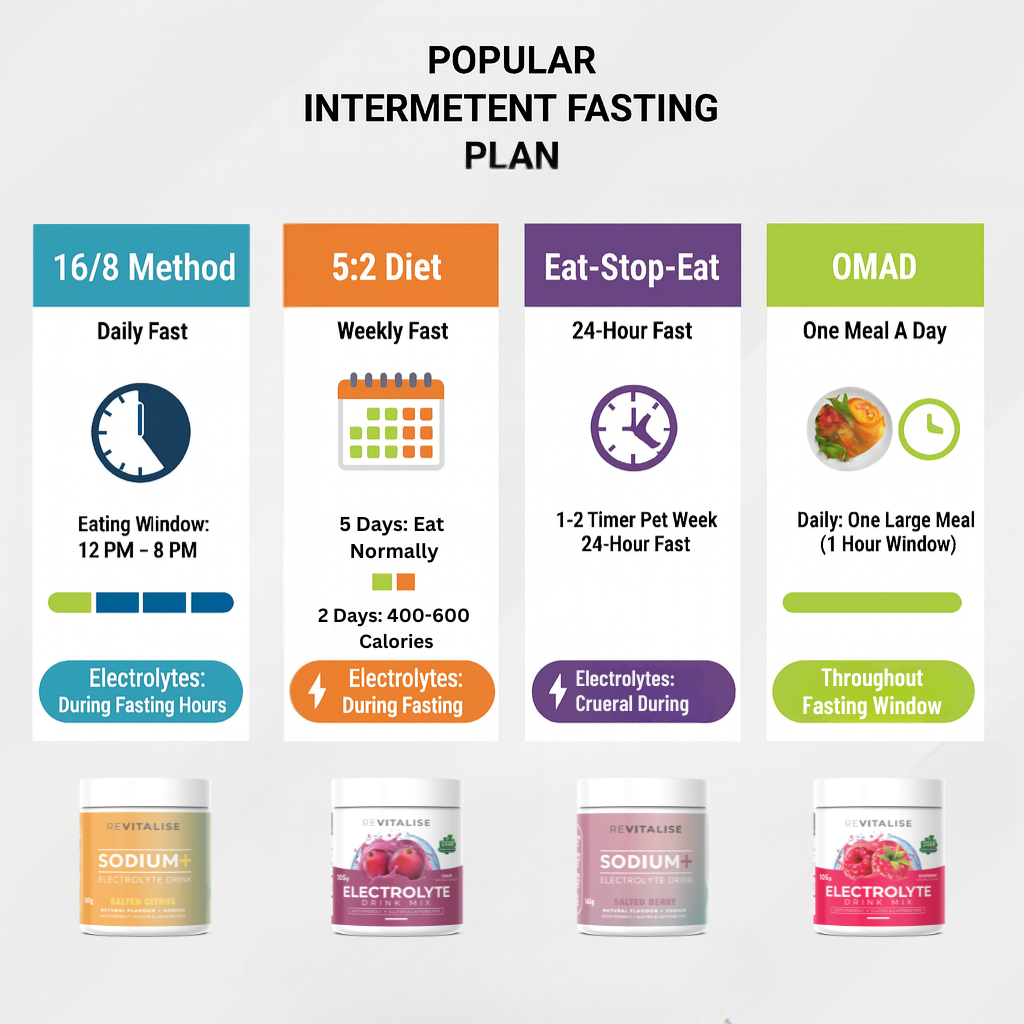
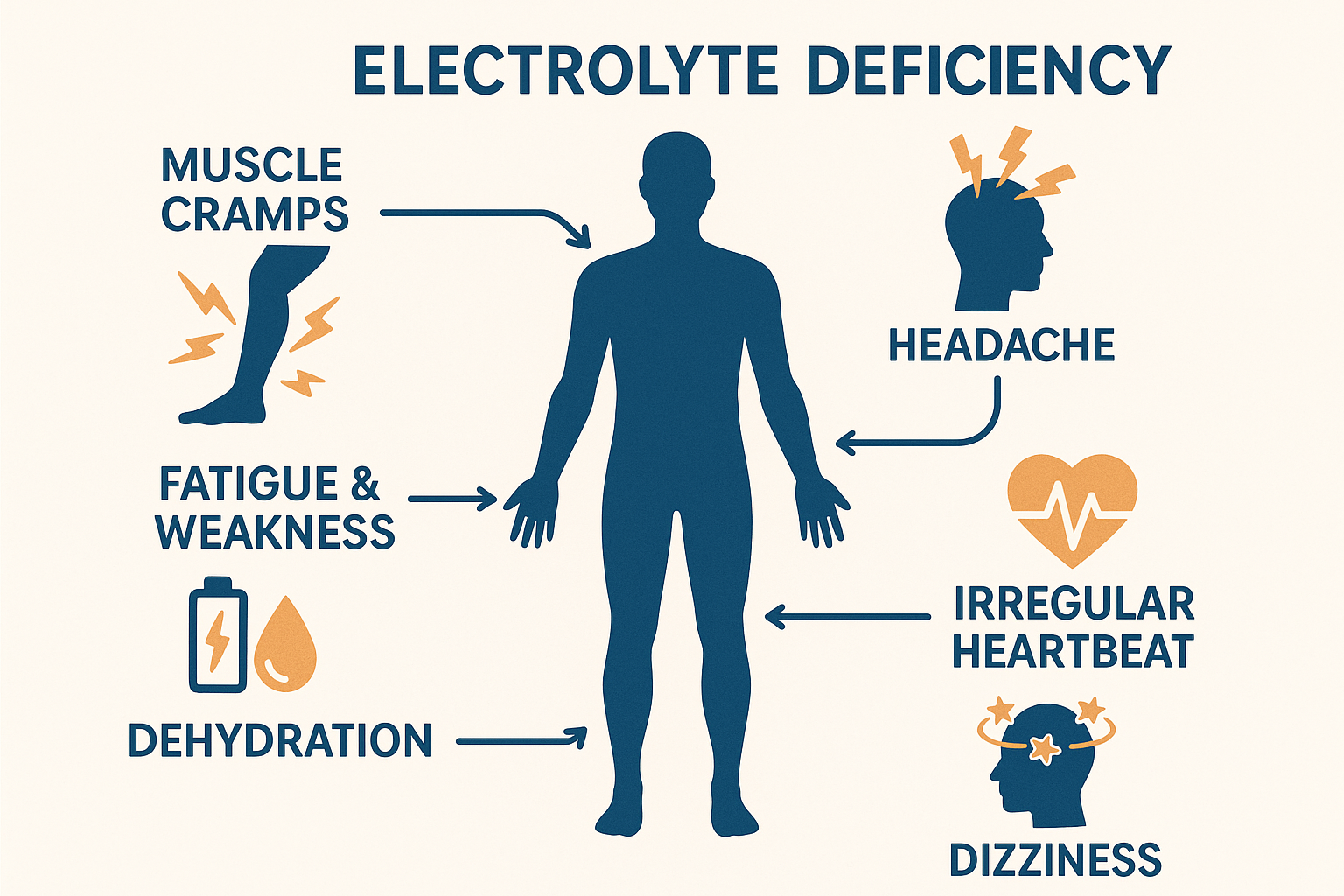
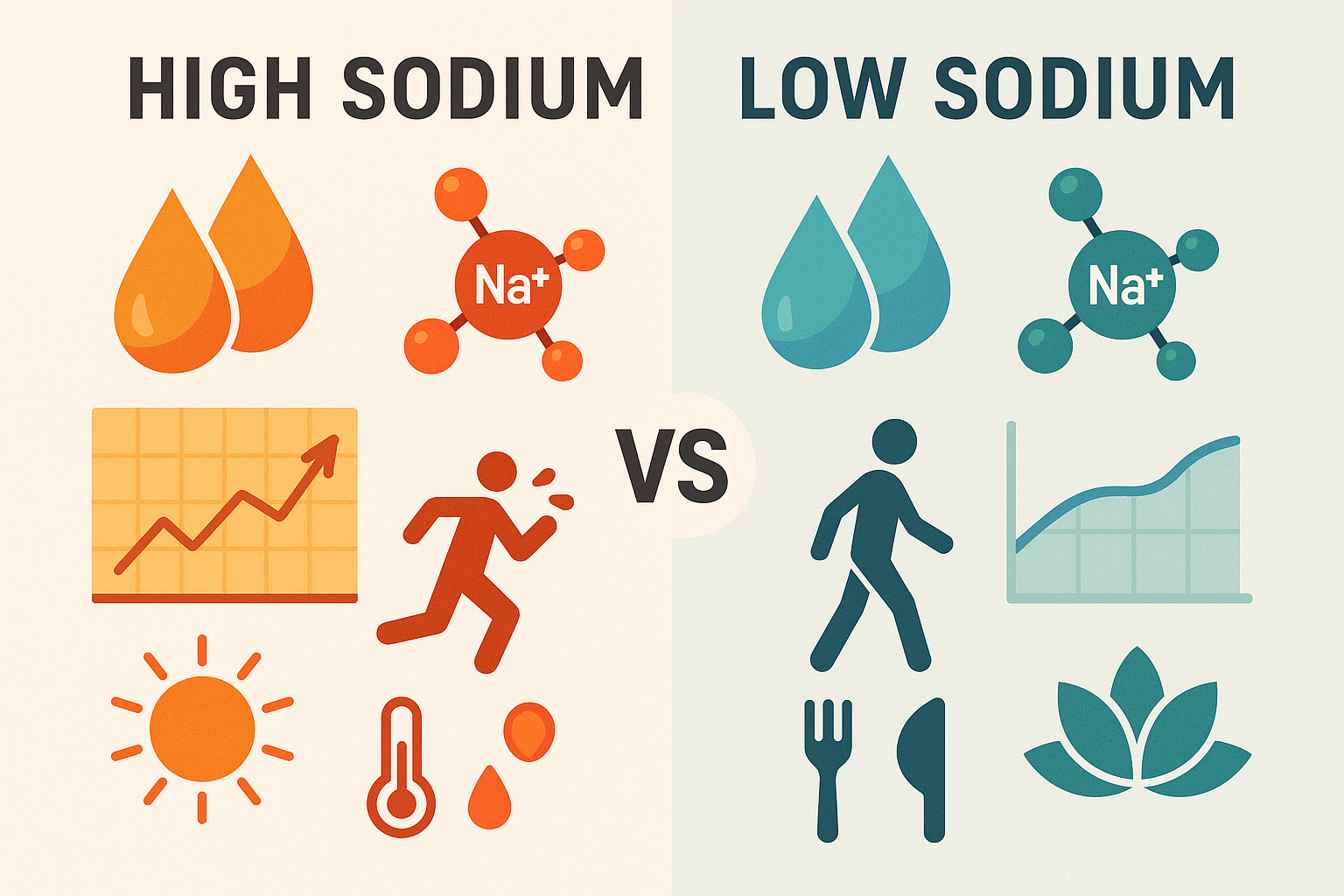


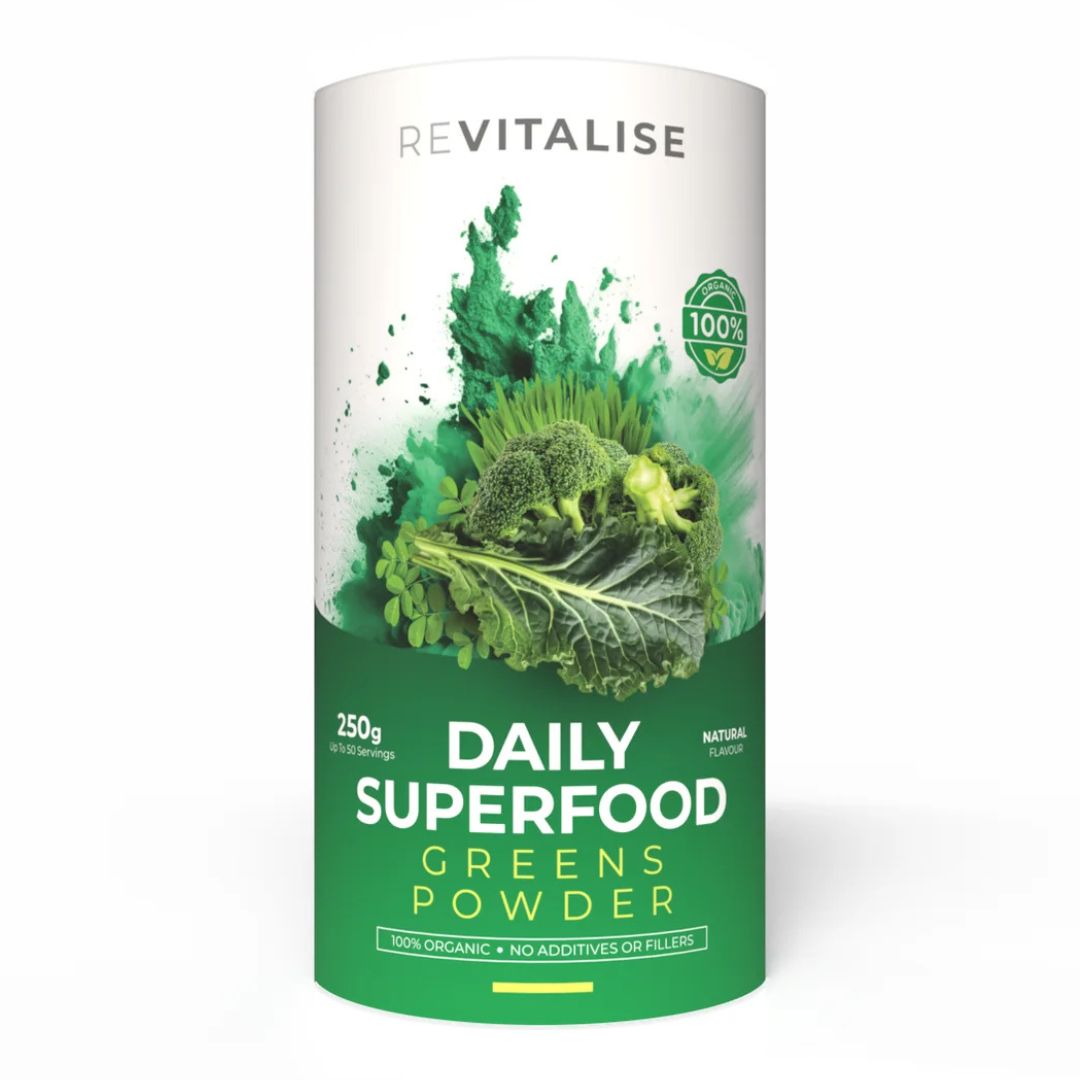
![ReVitalise Zero Sugar Electrolytes [SUBSCRIPTION]](http://revitalisedaily.com.au/cdn/shop/files/30s_LemonLime_3ea1cbec-4b35-4319-8f43-3ad8cbe7cd02.png?v=1698247645&width=1547)
